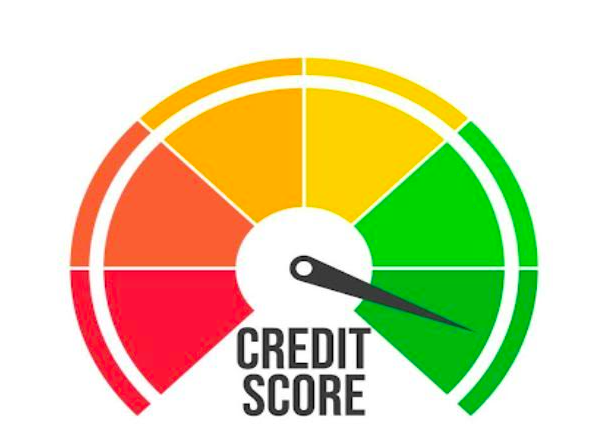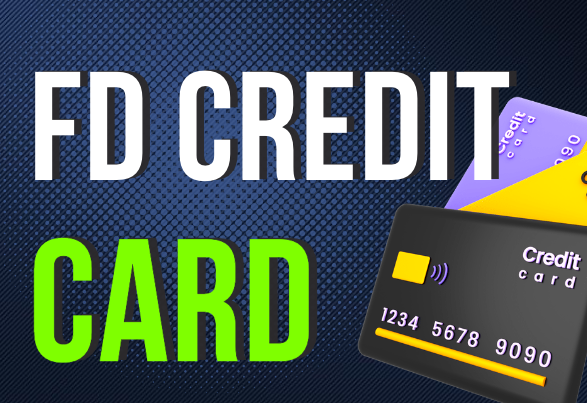Improving your credit score is a vital step towards financial health in 2024. A better score opens doors to lower interest rates, better loan terms, and more opportunities to save money. This guide outlines seven practical ways to increase your CIBIL score this year, each tailored to help you enhance your financial standing effectively.
7 Tips To Improve Your Credit Score
1. Pay Your Bills On Time
Timeliness in paying your bills is crucial for maintaining a good credit score. From a lender’s perspective, an established history of on-time payments indicates that you will handle future debts responsibly. To avoid missing payments, you can set up automatic payments for recurring bills, such as utility bills, credit card payments, and other loans. If you’ve had a history of late payments, begin making payments on time now, as it will gradually start to weigh positively on your credit history. Remember, payment history is the most influential factor in your credit score, making this the most effective way to improve it.
2. Reduce Your Credit Utilisation Ratio
Your credit utilisation ratio significantly impacts your credit score, accounting for approximately 30% of your FICO score. Experts recommend keeping your credit utilisation below 30%, but aiming for 10% can be even more beneficial. To manage this, first, pay down your balances and then ask for higher credit limits if you’re not spending more. Also, consider spreading your charges across multiple cards to keep the individual balances low relative to the card limits. You can improve your score quickly by reducing your total balance and managing your credit utilisation effectively.
3. Keep Old Credit Accounts Open
The length of your credit history contributes to your credit score, with longer credit histories being seen more favourably. Therefore, keep your older credit accounts open and active, as they help to lengthen your average credit history. This doesn’t mean you have to incur debt on older cards; using them routinely for small purchases and paying off the monthly balances will keep the cards active and help your credit score. Closing old accounts, especially your oldest ones, can shorten your credit history and negatively impact your score.
4. Limit New Credit Inquiries
Each time you apply for new credit, a hard inquiry is made on your credit report, which can lower your score slightly and remain on your report for up to two years. To maintain your score, be strategic about when and where you apply for credit. Only apply when it’s absolutely necessary, and try to get pre-qualified offers, which usually involve a soft pull on your credit and won’t impact your score. Additionally, when shopping for a mortgage, auto, or student loan, try to cluster your applications within a 14-day period to minimise the impact of hard inquiries.
5. Dispute Any Inaccuracies on Your Credit Reports
Inaccurate information on your credit report can harm your score. It is important to check your credit reports regularly for any errors. If you spot mistakes, whether misreported late payments or fraudulent accounts, dispute them immediately with the credit bureau. Each bureau has its process for disputing errors; removing them can help improve your score. Providing supporting documentation can help expedite the process and clear your record.
6. Register for Professional Credit Counseling
If improving your credit seems challenging, professional credit counselling can be an excellent resource. Credit counsellors can provide detailed insights into your credit report and offer tailored advice on managing your debts more effectively. These services often include budgeting help, debt management programs, and personalised plans to improve your financial status. Look for accredited non-profit organisations that offer low or no-cost counselling sessions. This guidance can be invaluable in helping you make informed decisions and systematically improve your credit score.
7. Use a Secured Credit Card
For those with no credit history or a poor credit score, a secured credit card, like the Kotak811 Dream Different credit card, is a practical tool for building credit. Unlike regular credit cards, secured cards require a cash deposit that serves as your credit line. This deposit minimises the risk to the issuer, making it easier to get approved. Use this card for small purchases and pay the full balance each month. Over time, your responsible usage demonstrates to creditors that you can manage debt effectively, which can help to improve your credit score.
Conclusion
Raising your credit score is a worthwhile endeavour that requires consistency and diligence. Starting with a free credit score check to understand your current position, you can gradually apply these seven strategies to improve your credit standing. As you work to increase your CIBIL score, remember that small changes can lead to significant improvements over time. With patience and the right tactics, you can achieve a healthier financial future in 2024.

Hey, this is Johny Sehgal. I am the owner and caretaker at Finance Jungle. I completed my education in BSC and now heading towards the digital marketing industry. I usually have interests in reading, playing games and watching movies. I also love to write content based on quality information. The main motive of mine is to provide the top and best quality information to my readers. Finance Jungle is the blog for the same.











